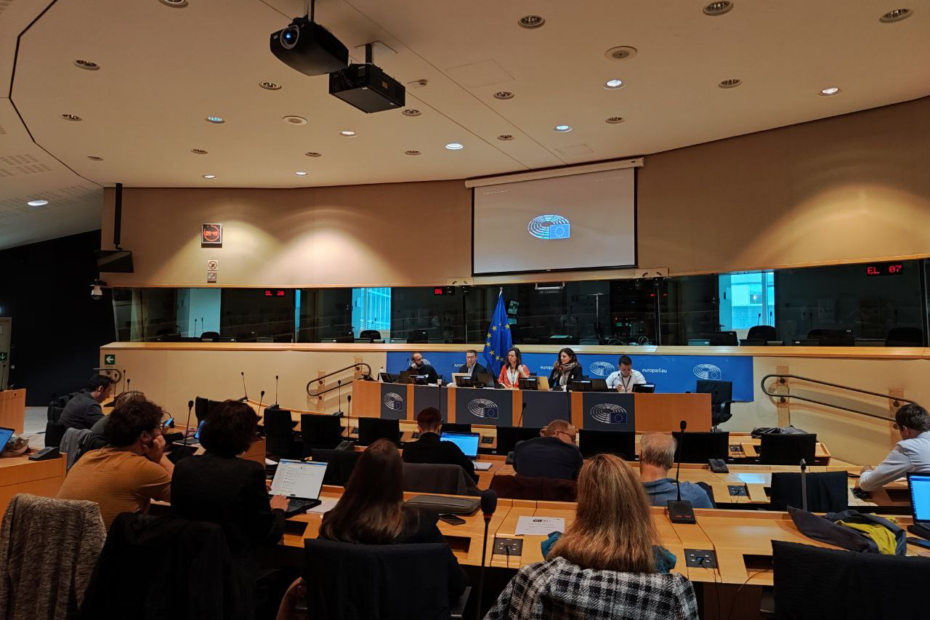Report on opportunities and threats for openness in a new technological era
The report “Open Movement’s Common(s) Causes” maps the current threats and opportunities facing the open movement, based on the ongoing work of the organisations behind the Common(s) Cause event, which took place in Katowice, Poland; as a pre-conference event for Wikimania 2024 on 6 August, 2024. The meeting was organised by Creative Commons, Open Knowledge Foundation, Open Future, and Wikimedia Europe in collaboration with the Wikimedia Foundation. The goal of the meeting was to create links between different advocacy efforts so that a shared advocacy strategy for the Knowledge Commons can be created. One of the calls that jumped out for us was a call for defining new open principles – principles that could clarify what openness means in the context of today’s digital space and ensure its pro-public, democratic potential. Formulating such principles could help against several challenges, e.g. open washing. Another clear call is the one confirming the assumptions behind the Common(s) Cause project: it is the call for a shared advocacy agenda, which could help ensure that Knowledge Commons are treated and sustained as critical digital infrastructures. The event gathered over 55 participants from 20 countries, most of whom travelled to Katowice to attend the Wikimania conference. The majority of attendees were from open advocacy communities. The event not only enabled the organizers to build stronger working ties with one another, but with the many other organisations who were represented at the event. Participants acknowledged that the power of the open movement is only as strong as the bonds of the people working to advance an open, equitable agenda, and collective impact can only be achieved through individuals from different organisations working closely together. The report identifies a few common causes that can be found at the intersection of open movement organisations’… Read More »Report on opportunities and threats for openness in a new technological era















